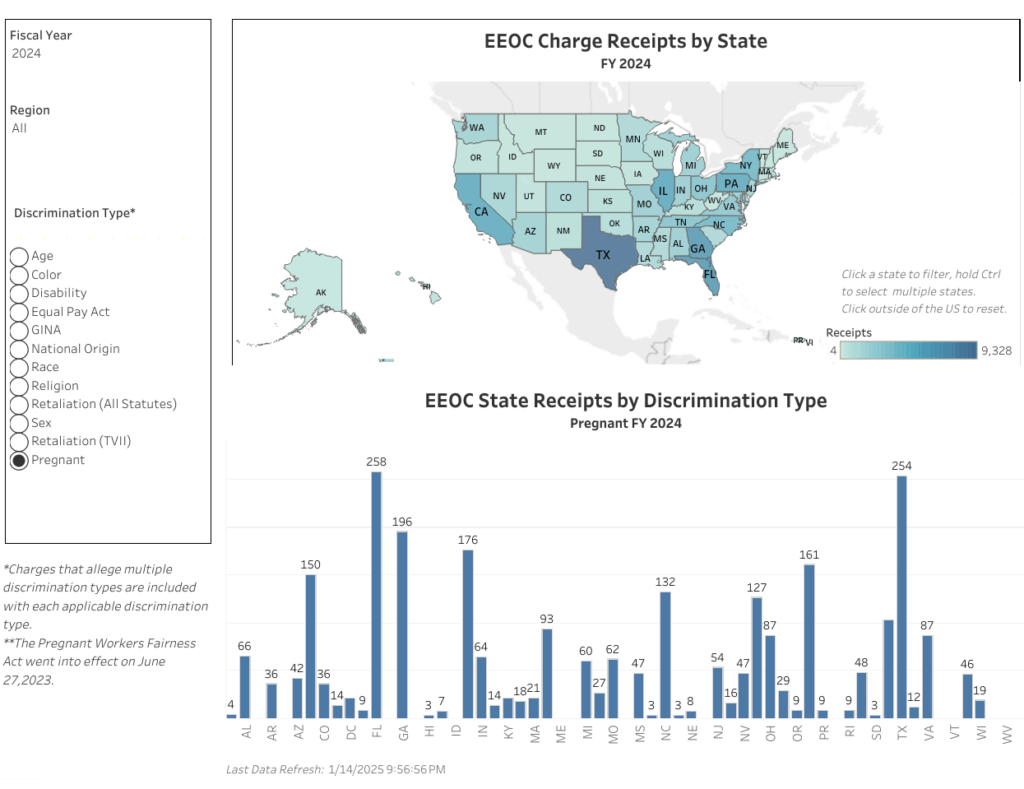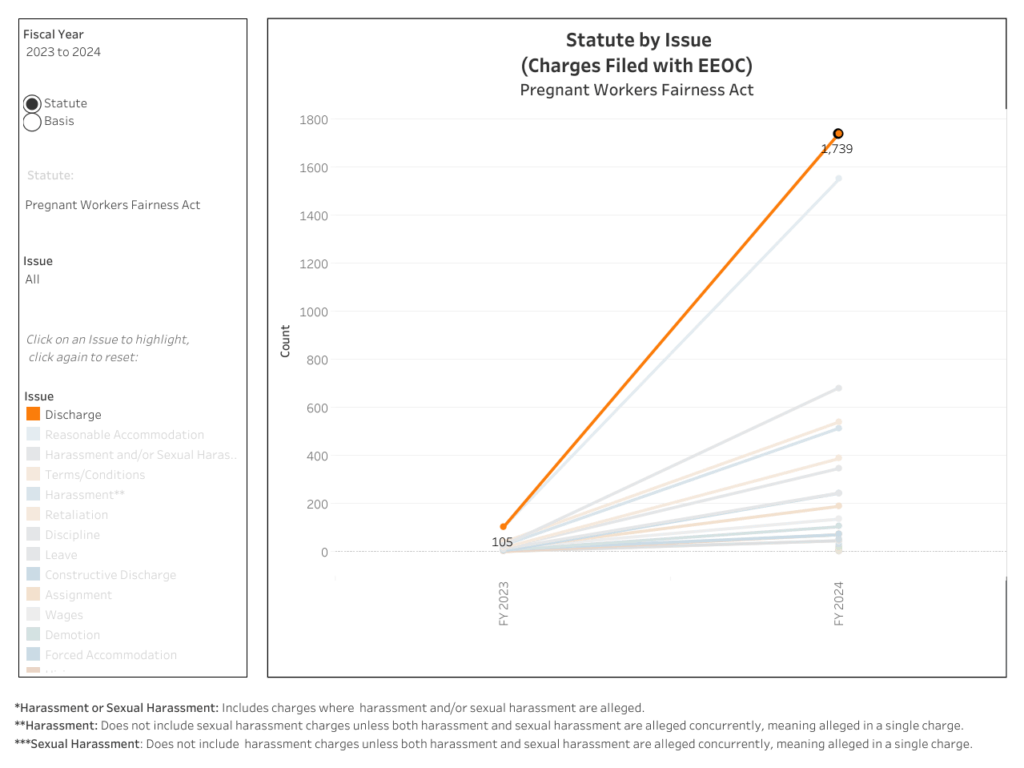Paramount Pictures Faces Harassment and Accountability Concerns
Paramount Pictures Corp. and its parent company, Paramount Global, find themselves at the center of a significant legal storm, illuminating serious allegations of workplace misconduct that demand urgent attention. The lawsuit, initiated by an employee identified as Jane Doe, sheds light on the troubling realities of sexual harassment within corporate environments, calling into question the legal and ethical responsibilities of employers in safeguarding their staff.
This case serves not only as a poignant reminder of the profound personal and organizational harm inflicted by sexual harassment but also as a critical wake-up call for corporations to reassess their internal policies and practices. Recently filed in the Los Angeles Superior Court, the lawsuit accuses a high-ranking executive at the company of engaging in relentless harassment and discrimination, effectively cultivating a toxic work environment that further included retaliatory actions in clear violation of workplace ethics and labor regulations.
Allegations Against Paramount Leadership
Jane Doe, who embarked on her career with Paramount in 2017, has divulged in court filings the deeply troubling and pervasive harassment she endured at the hands of her direct supervisor, a vice president within the company. The allegations illustrate a disturbing abuse of power, showcasing not only a blatant disregard for professional boundaries but also a systematic erosion of respect in the workplace.
The lawsuit details a range of inappropriate and humiliating behaviors from Jane Doe’s supervisor, spanning from crude comments about her physical appearance to intrusive, sexually charged text messages that disregarded her autonomy. One particularly disconcerting incident involved an invitation to accompany her supervisor on a business trip to Las Vegas, laden with implications that they would engage in an intimate relationship. Furthermore, the vice president allegedly reduced her to comparatives with other female employees, employing derogatory and objectifying language that served to denigrate her professional standing.
Upon her return from maternity leave, Jane Doe recounted the emotional upheaval of discovering that her responsibilities had been unjustly restricted due to discriminatory assumptions about her capabilities as a new mother. Her supervisor reportedly remarked that these imposed limitations were intended to “test her dedication,” a statement that not only belittled her professional worth but also added to her distress. Compounding the issue were allegations of surveillance-like tactics, where the supervisor suggested the presence of informants in the office, breeding an atmosphere thick with fear and intimidation.
A Broader Reminder of Harassment’s Prevalence
While Jane Doe’s personal ordeal has now been thrust into the public eye through this legal action, it epitomizes a much larger, insidious issue that pervades workplaces across various industries. The reality is that supervisors wield substantial power, making the establishment of clear boundaries and accountability all the more critical. When misconduct originates from those in leadership positions, employees frequently find themselves feeling voiceless, vulnerable, and trapped in a culture of silence.
Sadly, these distressing patterns are not exclusive to Paramount Pictures. Research consistently reveals that harassment linked to supervisory roles disproportionately contributes to hostile work environments. The stark power imbalance between supervisors and employees exacerbates not only psychological distress but also adversely affects job performance, often forcing talented individuals to abandon potentially fulfilling career paths.
Legal Responsibilities of Employers
Under California law, particularly the Fair Employment and Housing Act (FEHA), employers carry a profound legal responsibility to ensure that their workplaces are devoid of sexual harassment and discrimination. This obligation becomes particularly acute when addressing misconduct attributable to supervisors, as employers can be held strictly liable for the behaviors of their managerial and executive teams.
Significantly, sex harassment connected to supervisory roles incurs unique legal ramifications. Even if employers are unaware of a supervisor’s unprofessional conduct, they may still face liability for failing to prevent the creation of a hostile work environment. This strict liability underscores the imperative for proactive measures designed to educate, monitor, and hold leadership accountable, fostering a culture of respect and integrity within the workplace.
Preventive Measures Companies Must Implement
To meet their legal obligations and foster a safe, inclusive environment, businesses must implement comprehensive systems that actively prevent harassment while promoting accountability. Key components include:
- Anti-Harassment Policies
Developing clear and comprehensive policies that unequivocally define and prohibit all forms of harassment and discrimination is crucial. These guidelines not only inform employees of acceptable behavior but also establish a solid foundation for organizational integrity.
- Mandatory Training
It is essential for all employees, especially those in supervisory roles, to undergo rigorous training that aligns with industry standards. This training should cover proper workplace conduct, effective communication, and the mechanisms for reporting misconduct, ensuring that everyone is equipped to contribute to a respectful workplace culture.
- Reporting and Support Systems
Organizations must create accessible and transparent channels that allow employees to report incidents of misconduct safely and confidentially, free from the fear of retaliation. These systems should not only facilitate reporting but also offer support and resources for affected individuals, reinforcing their trust in the process.
- Thorough Investigations
When complaints arise, it is imperative to conduct thorough and impartial investigations. Companies should approach each case with seriousness and integrity, taking decisive action against perpetrators when warranted to demonstrate a zero-tolerance stance on harassment.
- Audits and Oversight
Regular evaluations of workplace culture are necessary to detect and address any trends or patterns that may contribute to harassment or discrimination. Proactive audits can illuminate areas for improvement and hold organizations accountable for fostering a respectful environment.
Empowering Victims to Take Action
The legal journey of victims, exemplified by Jane Doe’s courageous stand against workplace harassment, highlights the strength required to confront wrongdoing. Victims are urged to voice their experiences, yet it is important to acknowledge the profound emotional and practical challenges associated with doing so. Consulting a dedicated sexual harassment attorney can provide invaluable guidance and support, equipping victims to hold their employers accountable for their actions.
Attorneys serve as vital advocates, helping victims assess the merits of their case and navigate the intricate legal landscape. Yet, the impact of these legal battles extends beyond individual outcomes; cases like Jane Doe’s act as powerful catalysts for change within workplaces that might otherwise resist confronting systemic issues.
For those enduring harassment, it is crucial to remember that you are not alone. Numerous resources exist, from confidential consultations to formal legal claims, all designed to protect victims and pursue accountability.
The Human Side of Harassment Cases
While legal repercussions serve to motivate companies to uphold ethical practices, it is the victims who bear the most profound cost of workplace harassment. Jane Doe’s experience illustrates the emotional toll, including feelings of dehumanization, constant scrutiny, and relentless distress that can permeate every aspect of life. Such trauma—often an inevitable byproduct of persistent workplace harassment—underscores the urgent need for timely and effective intervention.
The emotional ramifications extend beyond the individual, affecting families, career trajectories, and long-term well-being. Cases like these emphasize the critical need for both legal and societal accountability in addressing and dismantling systems of harassment and inequality.
Toward Safer, More Equitable Workplaces
The allegations against Paramount Pictures starkly reveal the troubling interplay of power, exploitation, systemic negligence, and employee vulnerability. If confirmed, these accusations should serve as a wake-up call for all organizations, urging them to exceed mere compliance with legal regulations and instead cultivate a culture where dignity and respect are the norms.
Advancing toward safer, more equitable workplaces demands a multifaceted approach that integrates legal enforcement, cultural accountability, and the empowerment of victims. By insisting on responsibility from both companies and individuals, significant systemic changes can be achieved, resulting in a workplace environment that prioritizes safety and equity for all.
If you or someone you care about is facing workplace harassment or discrimination, do not hesitate to pursue legal counsel. Consulting an experienced employment law attorney empowers you to assert your rights, facilitating a fair resolution while contributing to the larger movement for systemic change. With informed actions and unwavering advocacy, the pursuit of workplace justice continues relentlessly.




